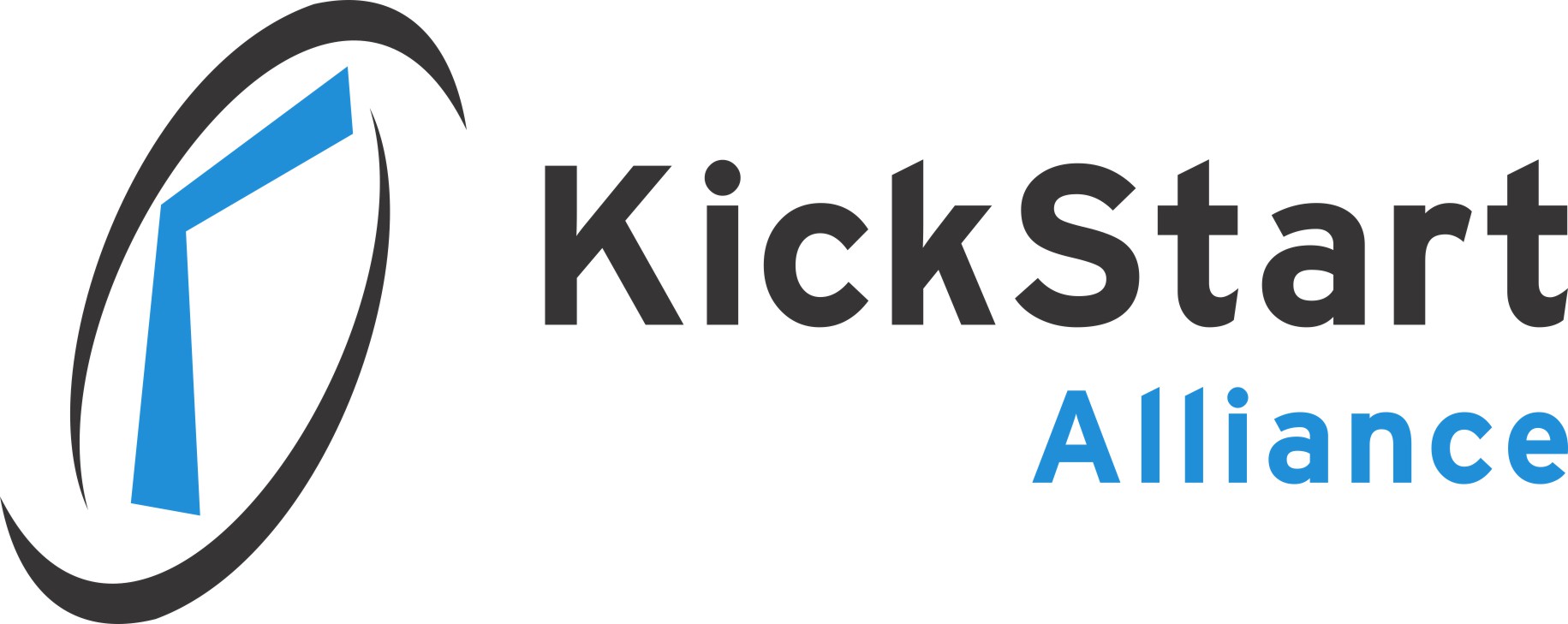In this social media age, smart businesses are listening to what people are saying about them online. Because blogs, Twitter, Facebook and other social networks are available to anyone who has something to say, when customers are dissatisfied, that is exactly where they go to complain — and probably not to you.There have been a number of PR upsets recently, where companies failed to respond quickly to comments about their company that were spreading like wildfire through social media channels. Amazon, Motrin and Skittles are a few recent examples.
OK, it’s a bit of “the higher they are, the harder they fall”, and most of our readers’ companies don’t expect such threats. Still, if someone not authorized by your communications department is writing about your company or your products online — good or bad — it is important that you know about it. And if you are deploying what you hope will be a viral marketing campaign, you absolutely need to know.
There are a number of tools that let you listen to what is being said on the web. One of the easiest to use is Google Alerts. Since Google has spiders out there crawling and finding everything that has been published on the web, they are able to let you know, if you wish, what they found. It’s easy to sign up and free.
For example, I receive email Alerts from Google on KickStart Alliance, our business name, and on morecontrary, my Twitter username. Google comes up with some “false positives”, such as where the words kickstart and alliance appear in the same text, but I also get solid hits when one of our articles is republished (as was the case recently on the Women in Consulting site). Google Alerts can be a bit slow to pick up mentions on other websites, but if you aren’t worrying about damage control, it does let you know what is happening.
The appearance on the market of numerous social media tracking and monitoring tools verifies the need for companies to find out what is being said about them online. Marketing Pilgrim lists 16 social media monitoring sites you can use to track what the world is saying about you and yours. You need to buy their report to get their analysis, but the post names the suppliers. Of these 16, Radian6 is probably the biggest and best known, with their dashboard display, analysis tools and real-time monitoring.
Some other reasons to track what people are saying are:
- To assess how your marketing campaigns are working. As Radian6 puts it, to “know which content is making an impact.”
- See who clicks on a short URL you use in your Twitter tweet, (Twitclicks shortens the URL and lets you track clicks on it.)
While you’re at it, wouldn’t you like to know what people are saying about your competition? You can add a Google Alert on your competitors’ name to stay on top of what is happening in your market.
